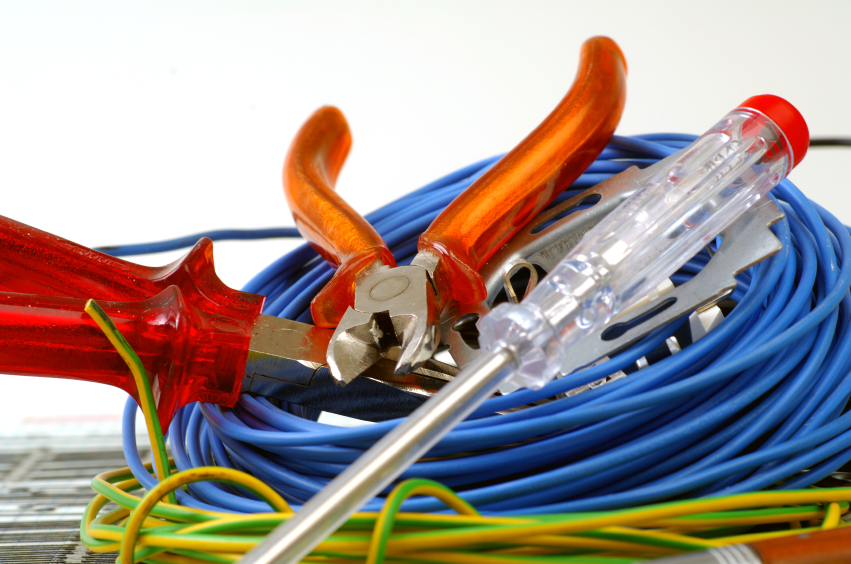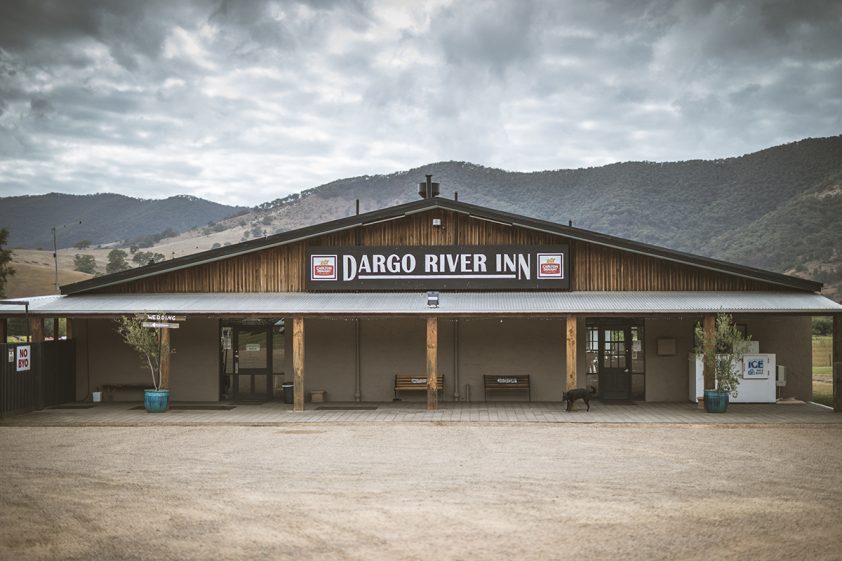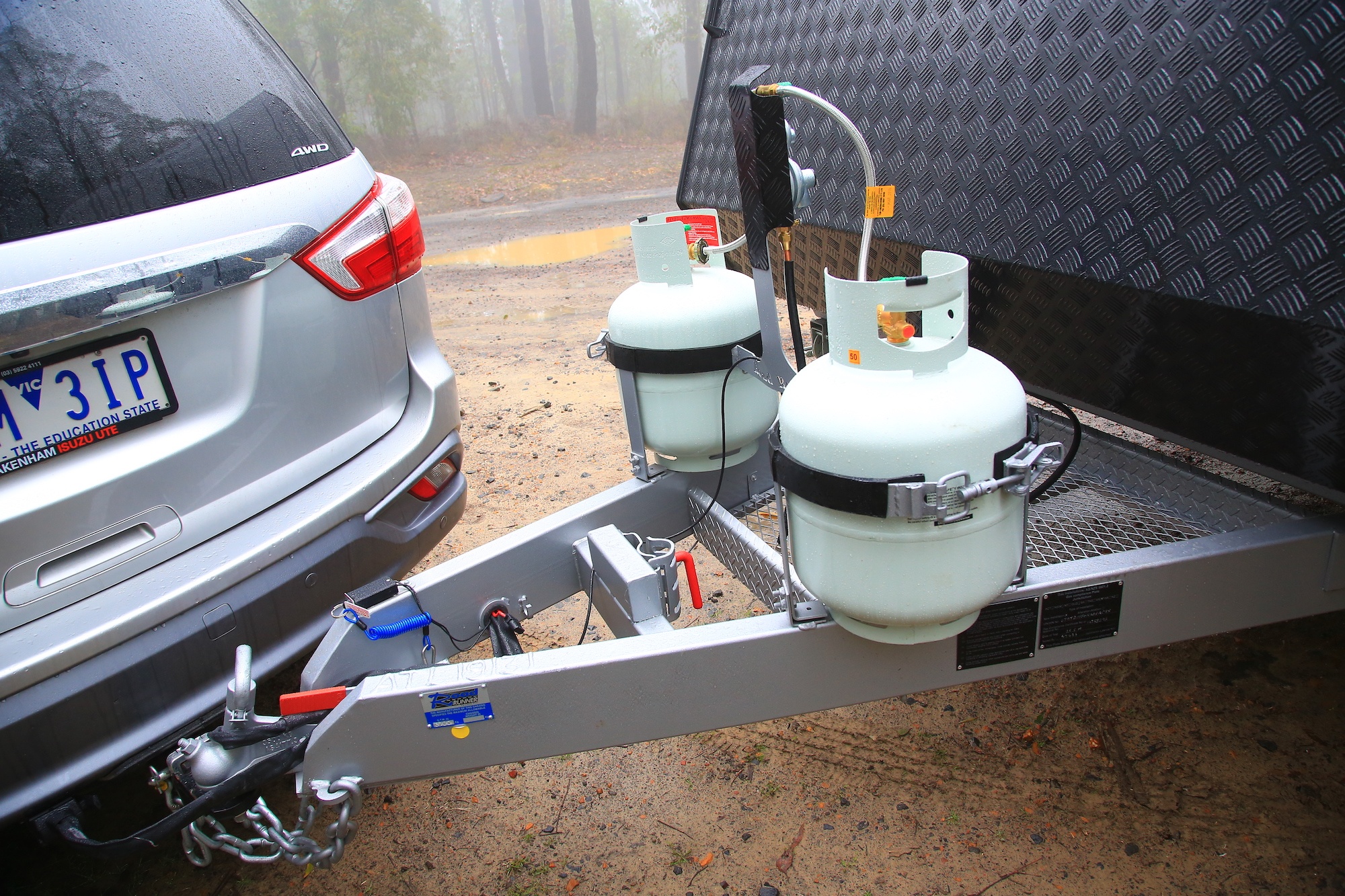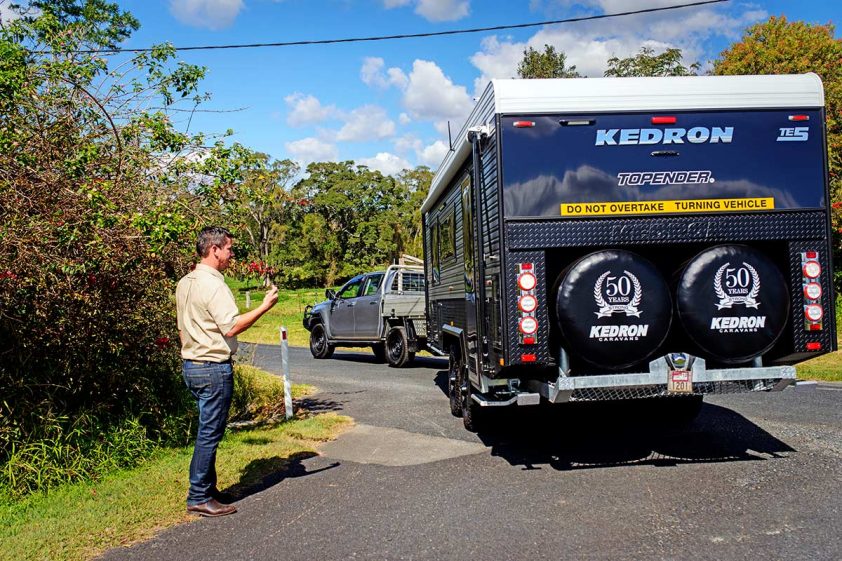One of the great luxuries of travelling in a caravan or recreational vehicle (RV) is having electricity available at your fingertips. However, with all the great benefits electricity provides, it’s important to remember to handle all electrical appliances with care and to call in the professionals without delay when required. To help you understand electrical safety, we give you tips on electrical fault prevention and outline when it’s time to call in the professionals.
Things you can do to stay on top of electrical safety
In most cases, you’re required to have a certificate for any work that requires a licensed professional, including 240-volt electrical work, check with your state authority for more detail.
240-volt circuit: Modern day caravans feature both a 12-volt (DC) circuit and a 240-volt (AC) mains circuit. By law, only a qualified electrician is permitted to work on any part of the 240-volt circuit. Don’t risk it – consider your loved ones, not to mention your insurance.
Do: Play it safe and exercise caution
There are small measures you can take to help prevent electrical damage and limit dangerous accidents. Only undertake the following if you must, and if at all uncertain, call in a licensed electrician to investigate further.
- Ensure a safety switch is installed to your van.
- Immediately disconnect any appliance that “trips” the safety switch – be sure to have this looked at by a licensed electrician before using it again.
- Only use approved, one-piece 15 amp power leads to connect the van to any external electricity supply.
- Prevent any electrical item from becoming wet.
- Investigate any potential hazards for children and be sure to warn them of the dangers.
- Do not connect more than one supply to any one supply socket.
- In the case of RVs you should not connect the 240-volt supply until the camper or pop-top is fully erected.
Don’t: Risk it – professional strictly required
There are limits to what caravan electrical work you can and can’t do, so be sure to read the following very carefully. The list outlines tasks that should only be carried out by a licensed professional. Any work carried out by persons other than those authorised could void the warranty on your RV and may also be illegal:
- 240-volt electrical wiring:Never attempt your own electrical repairs on 240-volt appliances. A certified licensed electrical contractor needs to attend to any wiring work of this nature.
- Any 12-volt problem and associated work required: While this can be addressed by a knowledgeable handyman, modifications to 12-volt circuitry may void your warranty. We suggest an authorised auto electrician should carry out this work.
- Any electrical additions or any changes to the circuitry or fixed appliances: This needs to be carried out by a licensed electrical contractor.
- Work on electric brake controllers: This should only be serviced and maintained by an authorised auto electrician and should be done so in accordance with the manufacturer’s instructions in the warranty book.
Electrical danger is very real, but by following some simple preventative measures and calling in a qualified electrician to do the hard tasks, you can avoid potential risks and focus on enjoying your holiday.
Before you hit the road, take some time to learn more about gas [caravan gas regulations] and roadworthy requirements.





